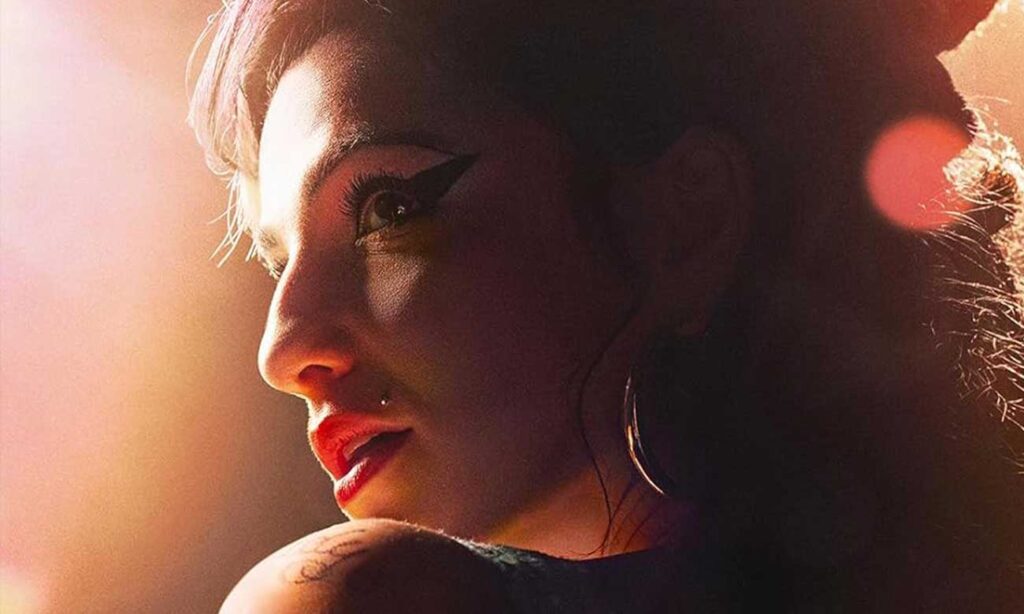
When she was prepping to shoot Back to Black, her Amy Winehouse biopic, Sam Taylor-Johnson needed to work with a creative team who shared her point of view – from the way that the late singer looked at things, from her struggles, to her family, her loves. Hiring British cinematographer Polly Morgan was ‘a straightforward decision’, Taylor-Johnson admits.
For a start, the great Seamus McGarvey, cinemaphotographer of Tom Ford's Nocturnal Animals and Atonement, who is a repeat collaborator of both Englishwomen, ‘couldn’t speak more highly of her’, she adds. ‘And Polly knows London. I wanted a cinematographer who understood the fabric of Camden.’ Morgan was born just three years before Winehouse.
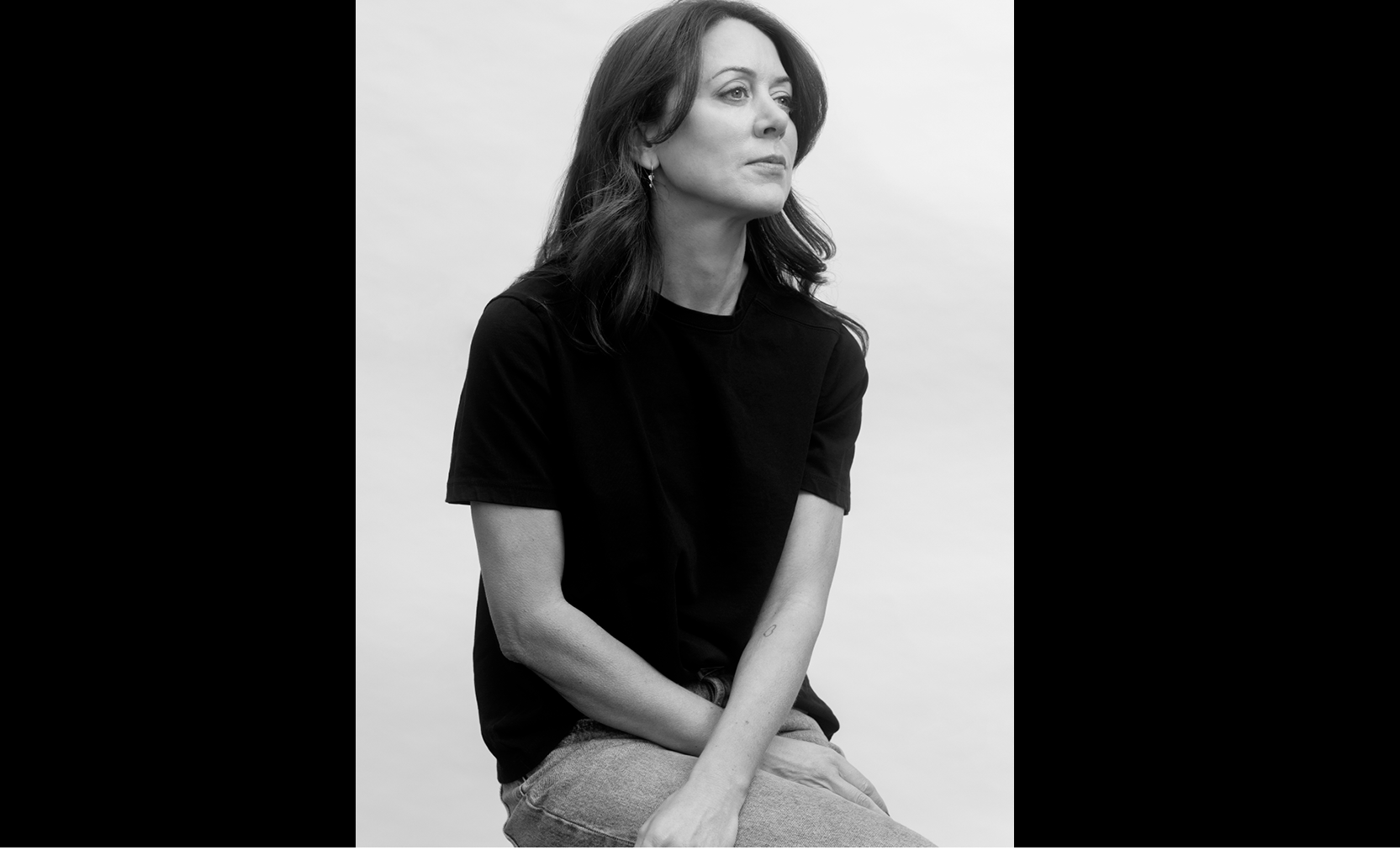
The film, released this weekend, has had wildly varying reviews, but film industry favourite Sight and Sound magazine cites Morgan’s ‘beautiful cinemaphotography’ as underlining the director’s mission: ‘Images of Winehouse multiply as the camera roves between mirrors, windows, and billboards. It encircles her in restless close-up, juxtaposed with lens-flared point-of-view shots that share her clouded vision with the audience.’
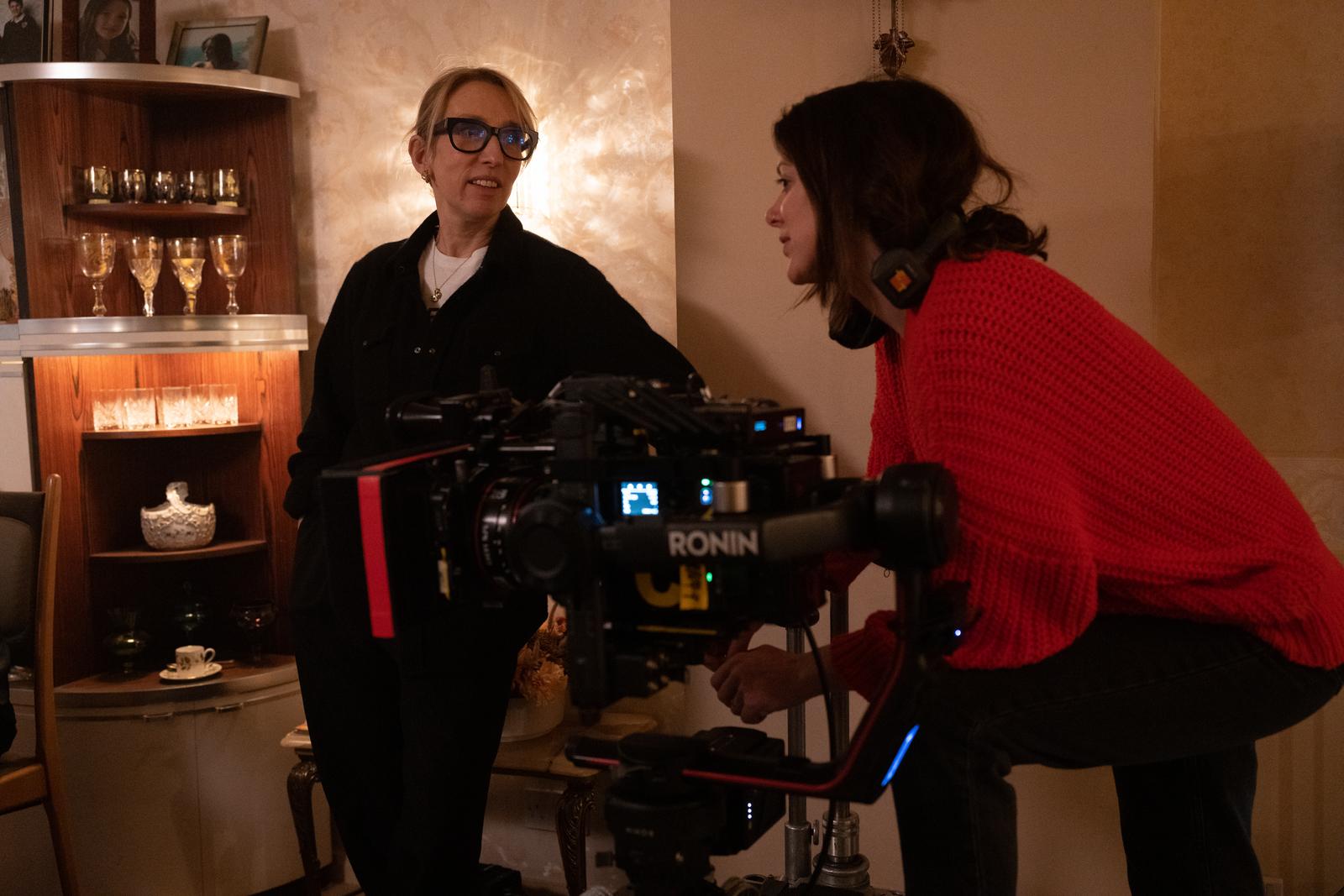
A key creative decision was informed by the pair’s shared love of the techniques of French New Wave and Jean-Luc Godard, notably what Morgan calls ‘the power of the close-up'. And judging by her stellar work with Natalie Portman on Noah Hawley’s 2019 film Lucy in the Sky, close-ups are a Morgan calling card. Yet the cinemaphotographer is something of an outlier in a movie-making craft with a long career trajectory and, historically at least, a physically demanding aspect that means it's generally a male-dominated profession.
Back to Black: ‘the power of the close-ups’
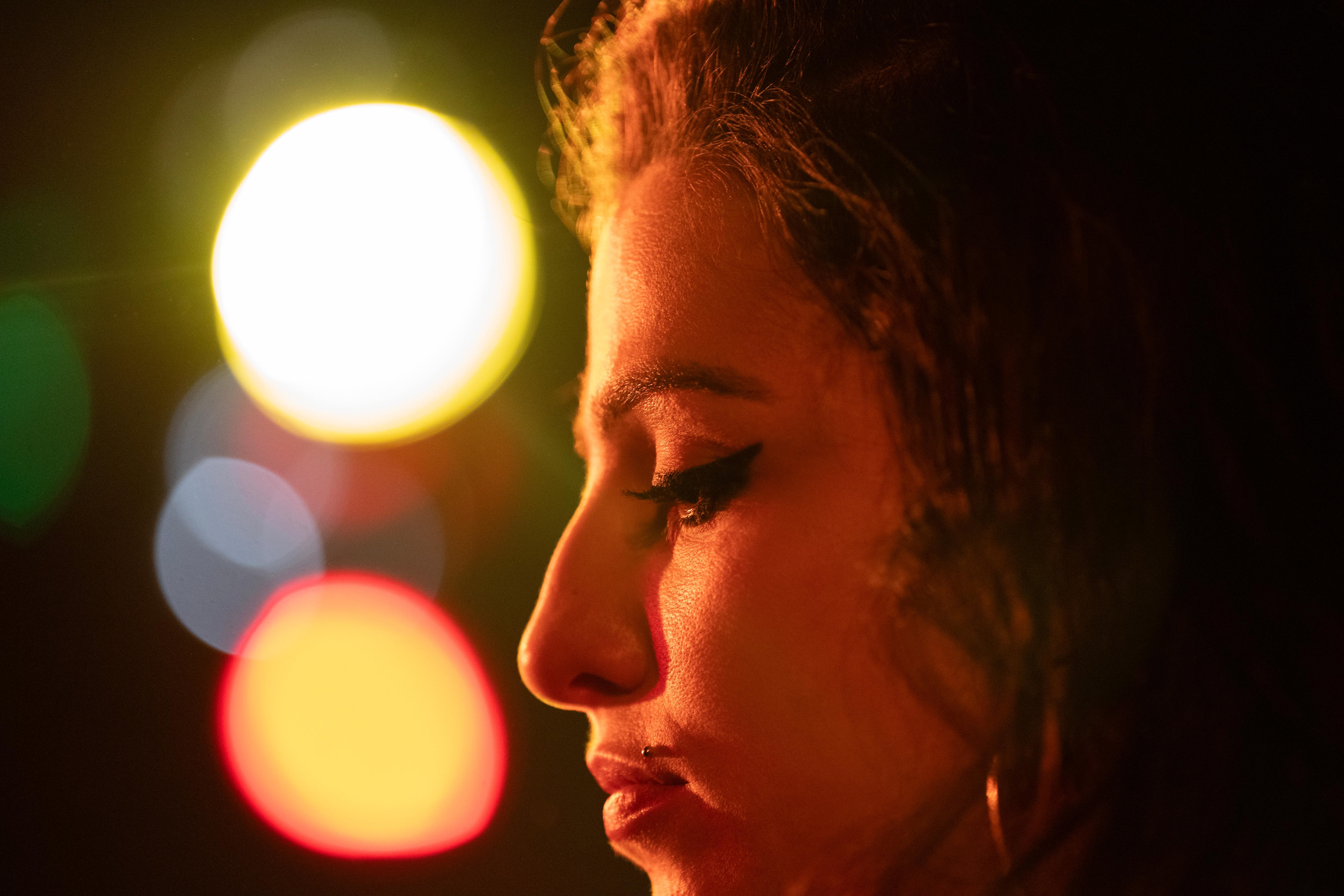
‘Polly and I had lots of conversations about shooting through Amy’s perspective,' Taylor-Johnson says. 'So, there’s a tunnel between her home and Camden that she’d walk through. That became a significant part of the film – a passage into the vortex of the outside world, then back through the tunnel to the safety of home.'
In another scene, when Marisa Abela as Amy, and Jack O’Connell as the singer-songwriter's future husband Blake Fielder-Civil, first bump into each other in a Camden pub. Morgan recalls: ‘Sam wanted the shot almost on their backs at the beginning, then there’s a journey to extreme, long, push-in close-ups as they become close and closer. So, ultimately, we’re in this tight bubble with them.’
Similarly, the cinemaphotographer cites the technical aspect of a scene where Winehouse first smokes drugs. ‘We used a speciality lens, a T1, which is incredibly fast, so that the depth of focus is tiny. That meant that just her eyes, and her pupils, dilated as she smoked crack, were sharp, and everything else fell away.'
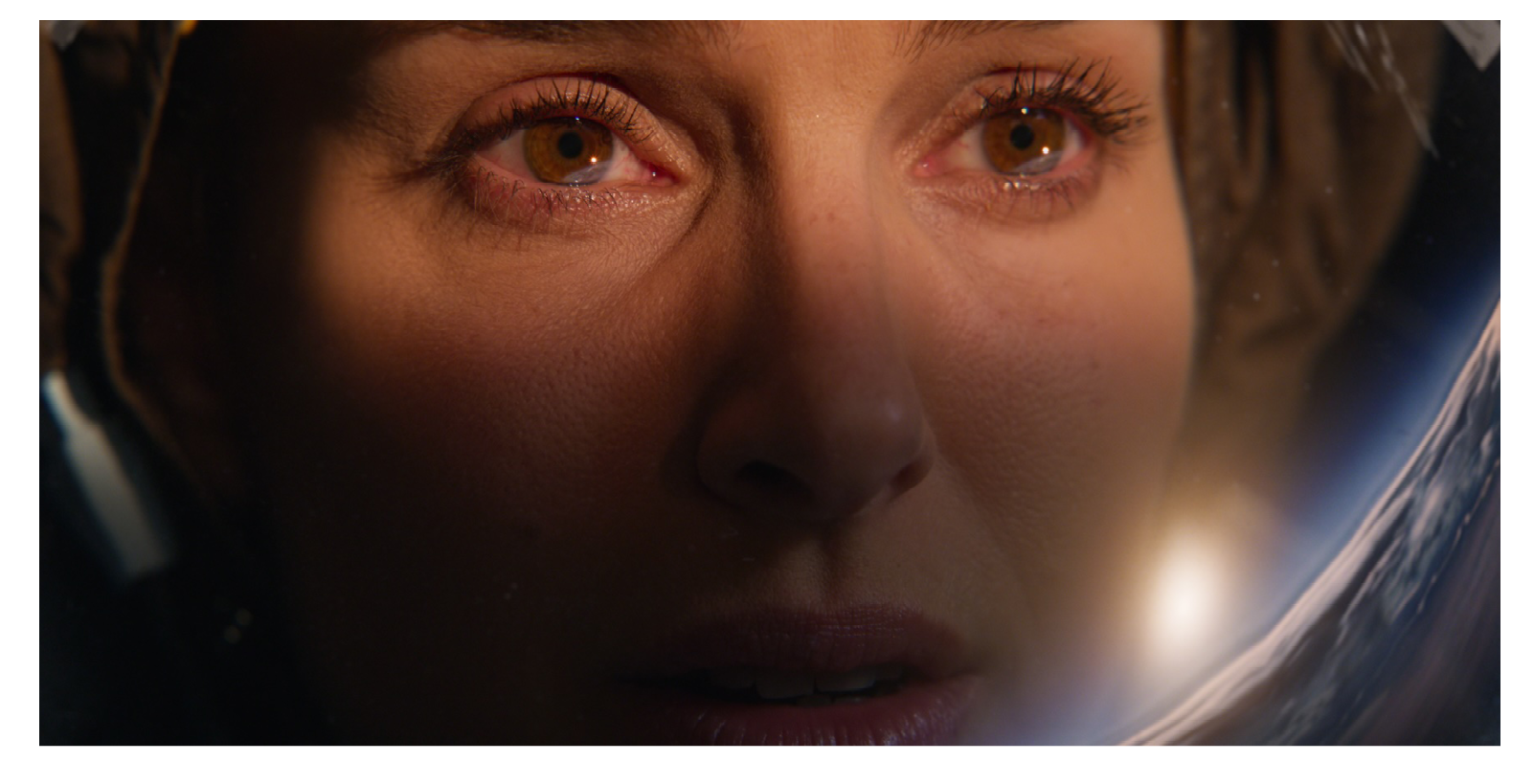
Morgan grew up in a farmhouse in West Sussex in a film-loving household. ‘I remember watching credits and laughing with my sisters: ‘“What's a best boy?”’ Then, when she was aged 13, Channel 4 was making a documentary about the composer Edward Elgar, who used to walk the local countryside for inspiration. The production used the Morgan home as base camp. ‘To have a film crew in our house, to watch people create imagery with a camera, was incredibly exciting. I knew from that point that that's what I wanted to do.’
Having studied broadcasting at Leeds University, Morgan worked in the lower rungs of the British television and filmmaking industries, then secured a position at the Los Angeles American Film Institute. Desperate for money in the summer holidays after her first year, she discovered that Christopher Nolan’s director of photography Wally Pfister was readying for the shoot of Inception (2010).

In ‘a roundabout, sneaky way’, she found his email address and sent an opportunistic plea for work. ‘He responded!’ she recalls, still incredulous. ‘I wasn't a camera assistant, I was his assistant, so I got to sit and watch him work with Chris, do lighting diagrams and go to dailies with them. It changed my life. Sometimes you have to have the balls and go out and do it.’
For Morgan, you could say that’s part of the job. It can’t be easy trying to see something from various points of view at once. For Back to Black’s concert scenes, Morgan spent a lot of time watching the actual concert footage paying particular attention to the stage colours. ‘I used what's called an ENR Bleach Bypass film emulation to create the colour palette because of the desaturated look that we selected for the film, it was hard for me to record colours in the scene. So, I got in touch with Amy's lighting designer, Chris Bushell, and instead of movie lights, we use the theatrical lights that he used on stage, to fill the image with colour.’
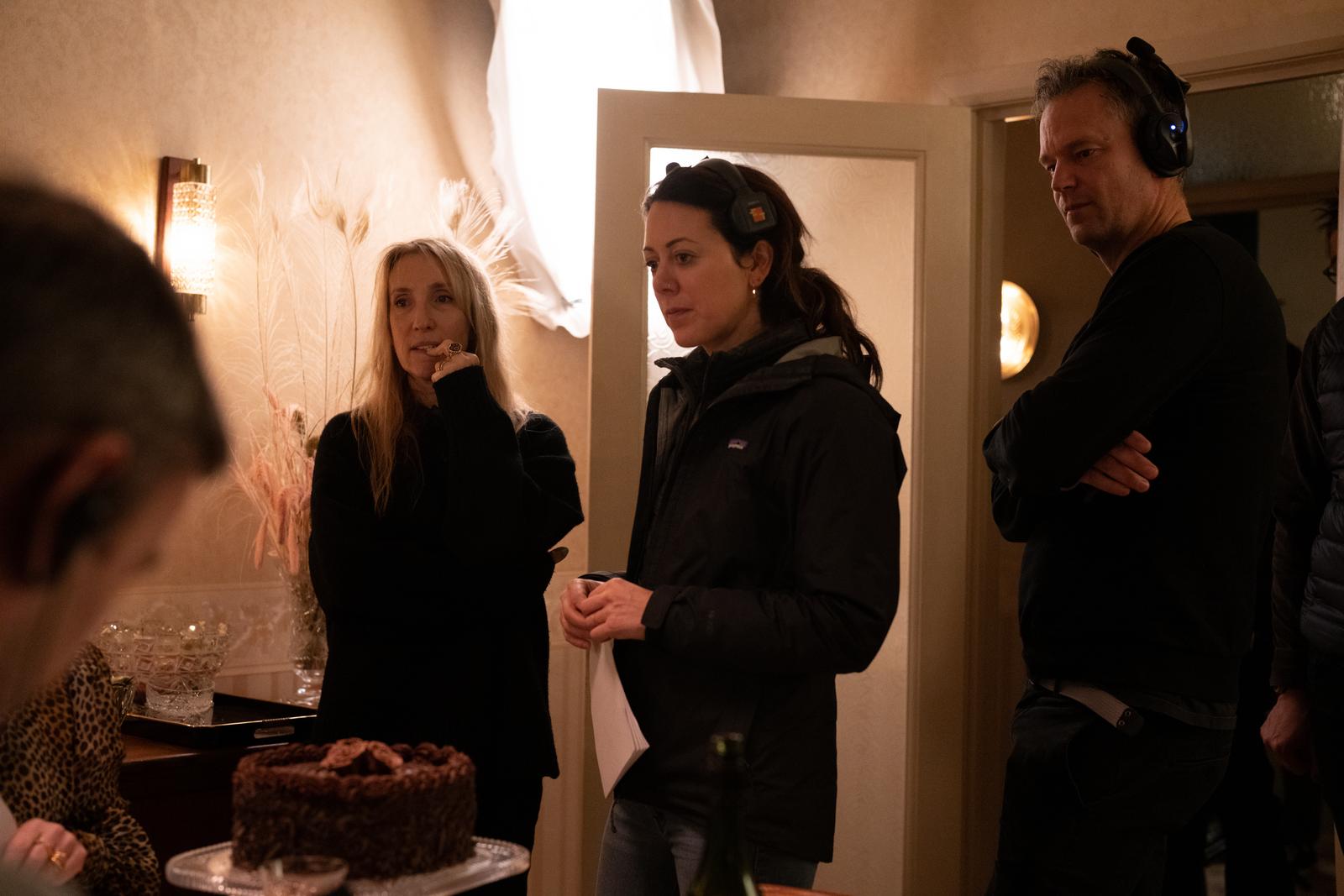
Polly Morgan admits that a biopic feverishly anticipated by both Winehouse fans and agnostics stirred up ‘quite a lot of pressure, but it was incredible the crew that Sam put together – I've never worked with so many women at once. It was a joyous experience'.







